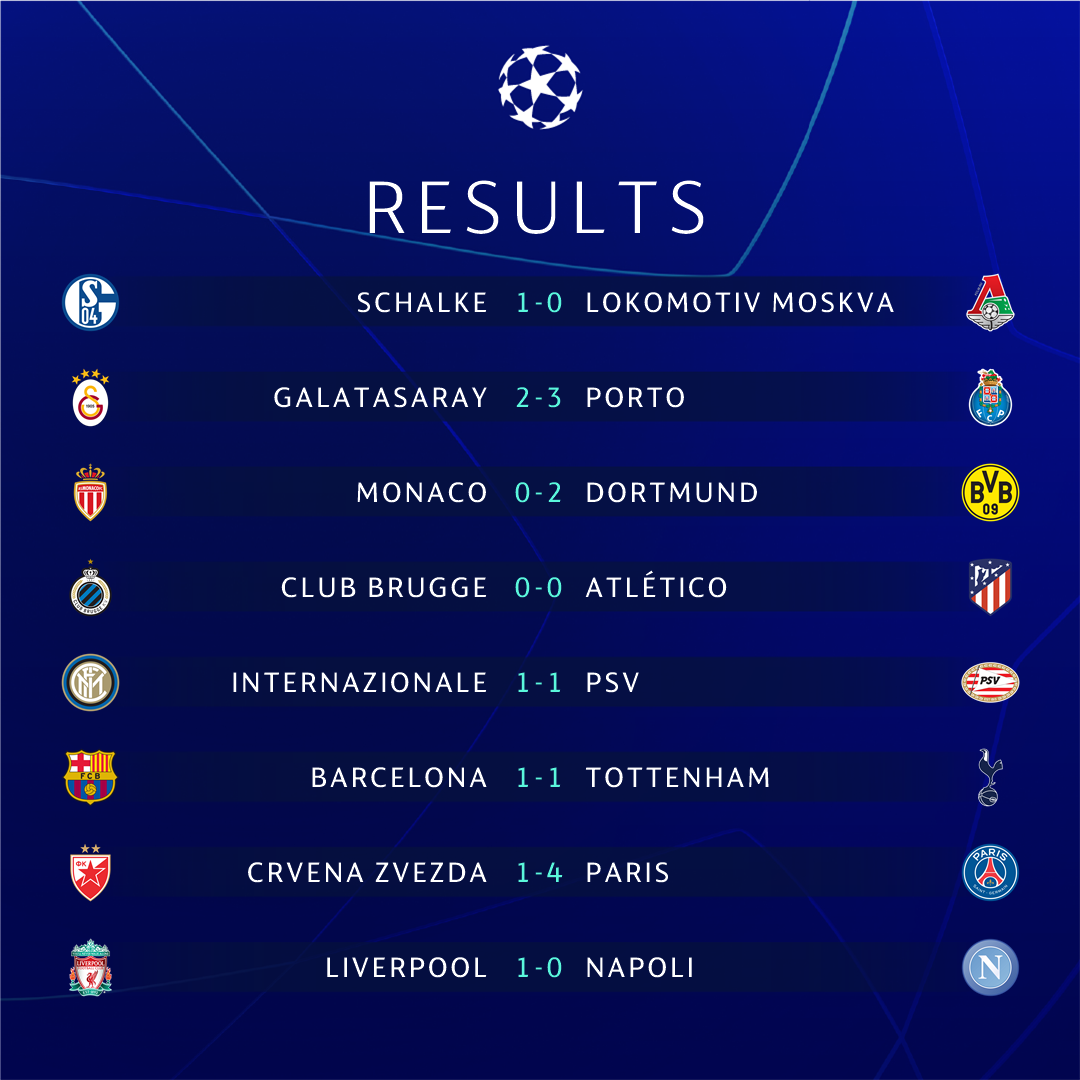
The Unseen Crown: A Guide to the Most Loved Football Managers
In the passionate, often unforgiving world of professional football, managers are the ultimate lightning rods. They endure relentless scrutiny, bear the weight of immense expectations, and navigate the delicate balance between tactical genius and human psychology. Yet, amidst the cut-throat competition and the constant churn of the managerial merry-go-round, a select few transcend mere competence to become truly adored figures. These are the "most loved" managers, whose legacies extend far beyond trophy cabinets, etching themselves into the hearts of fans, players, and even rivals.
This guide delves into the essence of what makes a football manager truly loved, exploring the multifaceted qualities that forge an unbreakable bond, and shining a light on some of the iconic figures who have mastered this art.
Beyond the Trophies: The Pillars of Popularity
While success on the pitch is undoubtedly a significant factor, love for a manager is rarely solely contingent on silverware. History is replete with successful managers who were respected but never truly endeared. The most loved figures possess a unique blend of attributes that resonate on a deeper, more human level:
-
Authentic Charisma & Personality: This isn’t about being an extrovert, but about genuine personality. Whether it’s Jürgen Klopp’s infectious enthusiasm, Carlo Ancelotti’s calm wisdom, or José Mourinho’s captivating self-belief, authenticity shines through. Fans connect with a manager who appears to be genuinely themselves, even under pressure.
-
Exceptional Man-Management: Football is a team sport, and the best managers are masters of human psychology. They understand how to motivate, support, challenge, and protect their players. This involves empathy, clear communication, and the ability to foster a cohesive, loyal dressing room where players feel valued and understood.
-
Connection with the Fans: The most loved managers often become the embodiment of their club’s spirit. They understand the club’s history, its values, and its fanbase. This manifests in passionate celebrations, heartfelt apologies after defeats, and a visible commitment to the community. They make fans feel like a vital part of the journey, not just spectators.
-
Clear Vision and Identity: Loved managers often imprint a distinct style of play or a strong club philosophy. This provides a clear identity that fans can rally behind, even during difficult periods. Whether it’s attacking football, defensive solidity, or a commitment to youth development, a strong vision creates a sense of purpose and direction.
-
Resilience and Integrity: The ability to navigate storms with grace, to learn from setbacks, and to maintain one’s principles even when under fire earns immense respect. Managers who stand by their players, take responsibility, and demonstrate unwavering commitment to their ideals often build an unbreakable bond with their supporters.
-
A Touch of Humour and Humanity: The intensity of football can be overwhelming. Managers who can inject a bit of humour, admit their own fallibility, or show their human side – be it through a quirky anecdote or a spontaneous display of emotion – become more relatable and, consequently, more loved.
The Architects of Adoration: Case Studies in Managerial Love
Let’s explore some of the most iconic figures who exemplify these qualities, earning adoration from across the footballing world:
1. Jürgen Klopp: The Emotional Architect
- Why He’s Loved: Klopp embodies raw emotion and unfiltered passion. His infectious smile, trademark fist pumps, and full-throttle touchline antics resonate deeply with fans. He transformed Liverpool not just with his tactical brilliance but by instilling a "mentality monster" spirit, fostering an unbreakable bond with the players and the city. His ability to articulate complex emotions and connect on a personal level makes him incredibly endearing. He makes fans feel like they are part of a family, a collective journey, and his vulnerability after defeats only strengthens the connection.
2. Sir Alex Ferguson: The Enduring Patriarch
- Why He’s Loved: For over two decades, Sir Alex was more than just a manager at Manchester United; he was the club’s patriarch. His longevity, unwavering discipline, fierce loyalty to his players (in public, at least), and unparalleled success built a dynasty. Fans loved his "hairdryer treatment" as much as his tactical nous, seeing it as a sign of his absolute commitment and desire for perfection. He was the ultimate leader, a father figure who shaped careers and forged an identity that transcended generations of players and supporters. His ability to rebuild and refresh teams while maintaining an elite standard cemented his legendary status.
3. Carlo Ancelotti: The Serene Maestro
- Why He’s Loved: Ancelotti is the antithesis of the fiery, passionate manager, yet equally adored. His calm demeanor, understated elegance, and exceptional man-management skills have earned him respect and affection wherever he goes. Players consistently praise his ability to create a harmonious dressing room, his tactical flexibility, and his genuine care for their well-being. Fans appreciate his quiet confidence and the consistent success he delivers without unnecessary drama. He treats players like adults, earns their trust, and allows them to express themselves, leading to a loyal following. His iconic raised eyebrow has become a symbol of his unflappable nature.
4. Arsène Wenger: The Visionary Professor
- Why He’s Loved: Wenger transformed Arsenal into a bastion of beautiful, attacking football, pioneering new training methods and scouting networks. He was revered for his intellectual approach, his unwavering belief in youth development, and his commitment to playing attractive football. Fans loved his principled stance, his articulate explanations, and the sheer joy his teams brought. Even in later years, as results dwindled, a core of supporters maintained deep affection for the man who had redefined their club and brought an unprecedented era of elegance and innovation. He was seen as a guardian of the club’s soul and a true footballing philosopher.
5. José Mourinho: The Charismatic Provocateur
- Why He’s Loved: While often polarizing, Mourinho has undoubtedly cultivated intense adoration among his own fans. His "us against the world" mentality, fierce loyalty to his players, and the captivating theatricality of his press conferences create an intoxicating narrative. Fans love his winning mentality, his tactical cunning, and his ability to galvanize a squad. He defends his players fiercely, absorbs pressure, and delivers immediate success, making him a cult figure for those who follow him. His self-proclaimed "Special One" moniker, far from being arrogant, became a badge of honour for his supporters, symbolizing his unique confidence and winning pedigree.
6. Pep Guardiola: The Tactical Innovator
- Why He’s Loved: While perhaps more admired than "loved" in the traditional sense, Guardiola has cultivated immense adoration through his relentless pursuit of footballing perfection. His teams play a mesmerizing, dominant brand of football that captivates purists and fans alike. Supporters love the aesthetic beauty of his tactical schemes, the constant innovation, and the insatiable desire to win. He fosters an environment of continuous improvement, pushing players to new heights, and his deep, almost obsessive, understanding of the game earns him immense respect and a dedicated following who revel in the artistic brilliance of his teams.
The Ripple Effect: Why Love Matters
The love a manager receives isn’t just a feel-good factor; it has tangible benefits:
- Player Loyalty: Players are more likely to fight for a manager they respect and adore, often going the extra mile.
- Fan Support in Adversity: A loved manager can weather poor runs of form or challenging periods because the fanbase’s trust and belief run deeper than mere results.
- Club Stability: A manager who commands love and respect provides a stable foundation for the entire club, from the boardroom to the academy.
- Commercial Appeal: Loved managers become global ambassadors for their clubs, enhancing brand appeal and attracting new fans and sponsors.
- Legacy: Their impact transcends statistics, shaping the identity and culture of the clubs they serve for years, even decades, after their departure.
Conclusion: The Enduring Power of Connection
In a sport increasingly dominated by money and fleeting success, the enduring love for certain football managers serves as a powerful reminder of what truly resonates. It’s about more than just formations and substitutions; it’s about leadership, empathy, communication, and authenticity. The most loved managers are not just coaches; they are mentors, motivators, and sometimes, even father figures. They are the emotional heart of the club, forging connections that withstand the turbulent tides of results and remain etched in the collective memory of fans, a testament to the profound human element at the core of the beautiful game. They don the unseen crown, reigning not by decree, but by the heartfelt devotion they inspire.



